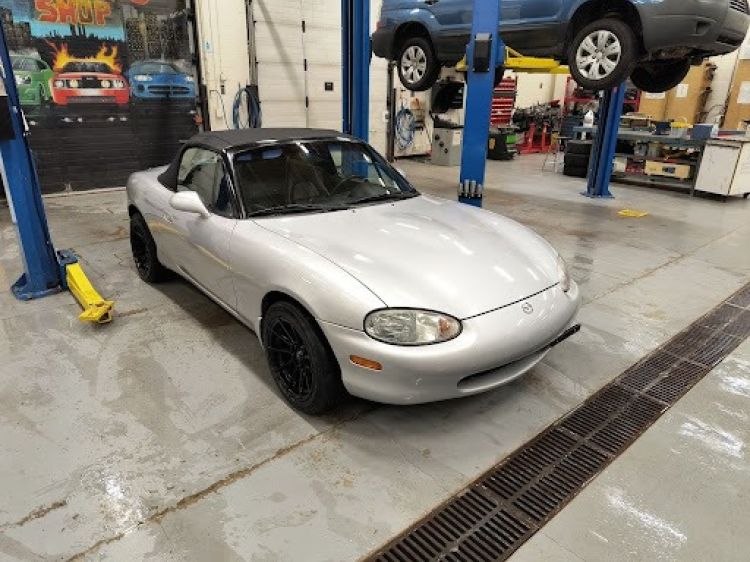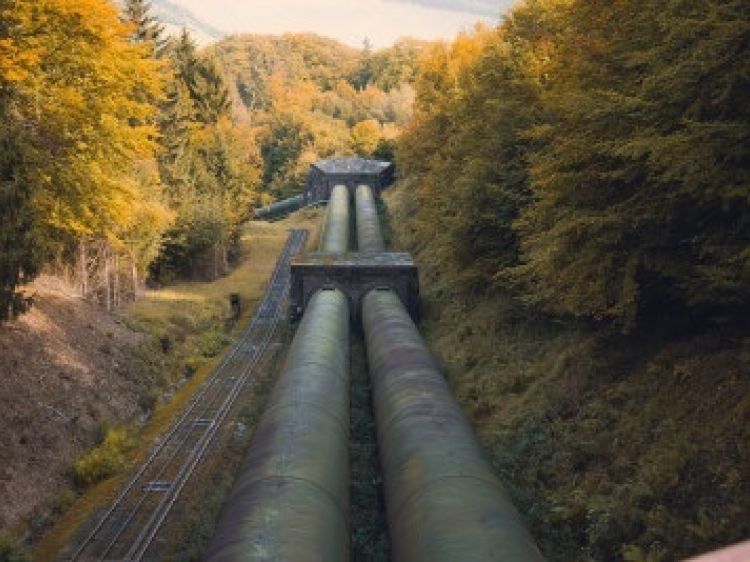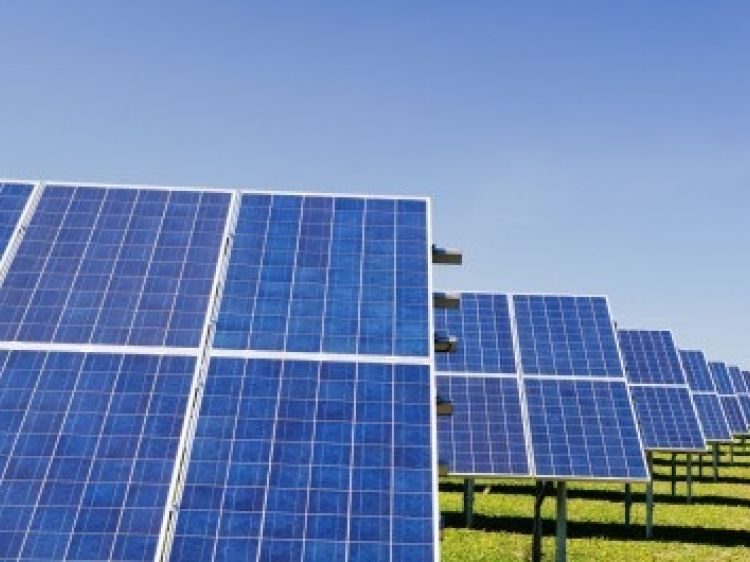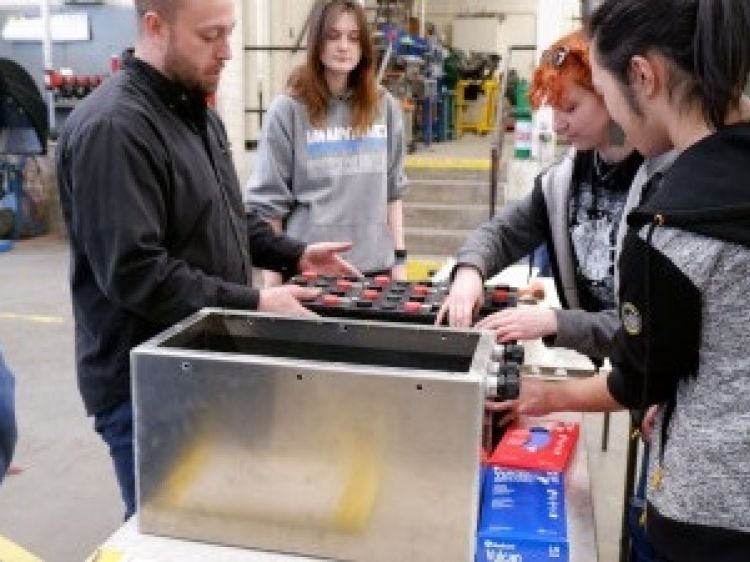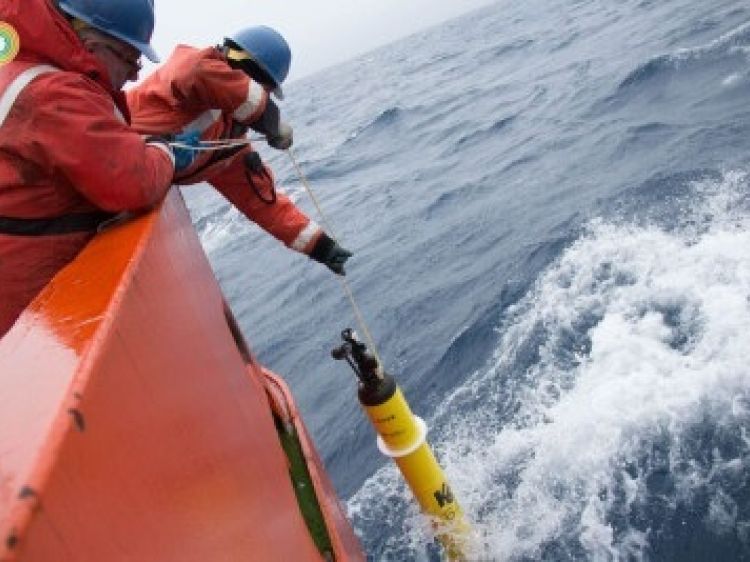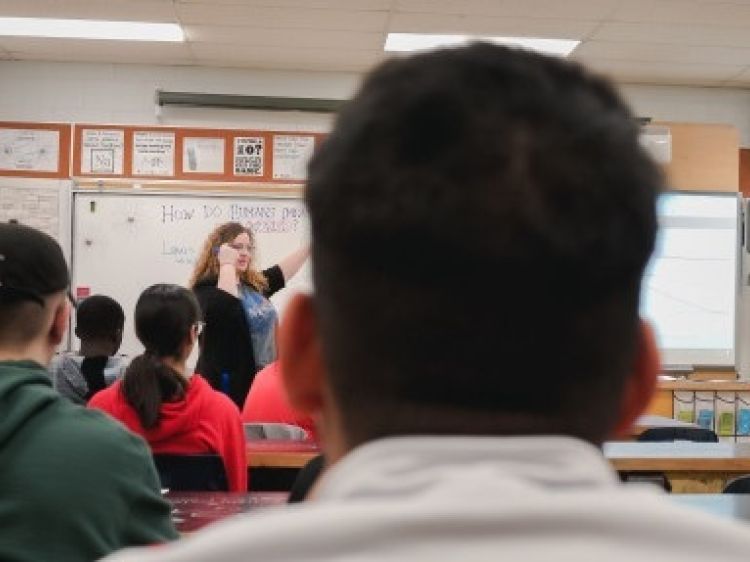Oil and Gas
["In Canada","many of the things we take for granted in our day-to-day lives run on crude oil and natural gas. Crude oil meets most of our transportation needs by fueling cars","buses","trucks and planes. Natural gas is the biggest source of heat for our homes and businesses. Many of the products we use every day — including all plastics","many household products and some clothing — are by-products of oil and gas."]
Solar Energy
["Since the word \"solar\" means from the sun","solar energy is the energy that comes to us from the sun as light energy. The sun's energy is transformed into heat as its strikes the land","sea or any object. The heat produced by the sun drives the world's weather systems including wind","rain and river flow. We rely on energy from the sun for our warmth","food","wind and water. We simply could not live on the earth without it!"]
Wind Energy
["Did you know that the wind can be harnessed to produce electrical power for everything from a single house to an entire city? About 120 years ago","people started to use the wind to generate electricity. Today","wind power is one of the most popular renewable energies."]
Des Ondes de Changement
Créez un mandala de la nature et considérez l'impact positif que vous pouvez faire avec de petites ondulations.
Ripples of Change
Consider the positive impact that you can make with little ripples as you create a nature mandala.
Electrifying the Future of Transportation Guide
["An insightful guide for Community Leaders considering the integration of electric vehicles in their educational community. This resource was developed as part of GreenLearning’s pilot project","“Re-Energy: Electrifying the Future of Transportation”."]
Float on with Argo
Learners dive into ocean monitoring with the international Argo project. Discover how scientists observe water properties like temperature and salinity to understand and monitor climate change. Explore scientific data collected by this program to become familiar with important oceanic measurements.
How is Your Community Adapting For Electric Vehicles?
Learners will heighten their understanding of electric vehicles in their community.
Climate Change Policy Simulator
Learners will discover that there are no clear and easy policy answers- there are no policies that meet all potential criteria for ‘good’ climate change policy. Learners will learn to think critically about climate policy options.
Exploring the Need for Climate Policy
["Learn about the concept of externalities","market failures and need for government intervention. Understand how climate change is a negative externality","and explore the need for sustainable economic growth."]



